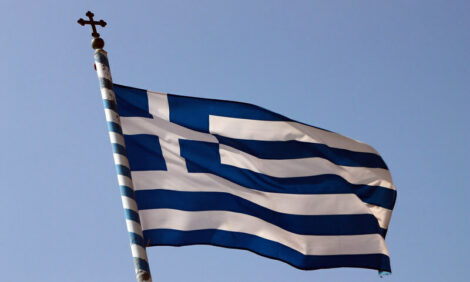



Friboi is Conquering the World
BRAZIL - JBS group, which owns slaughterhouse Friboi, the largest in Brazil, has dived headfirst into internationalisation, according to reports in the Arab Brazilian Chamber of Commerce news agency ANBA.JBS decided on the international expansion to be able to access foreign markets that were closed to them from Brazil, including countries such as the US. The company has also gained access to the Japanese market through its Australian operation.
The Arab countries are also important to the group and Friboi is the main producer of halal beef in Brazil.
JBS now produces in Argentina, Australia, the United States and Italy, where it acquired local companies, like Swift Armour, in Argentina, Swift & Company, in the United States and Inalca, in Italy. In Australia, the Brazilian group controls Meat Holdings Pty, which belongs to the North American Swift.
The chamber of commerce report says that JBS investor relations director, José Paulo Macedo, reports that oerations in Brazil and abroad represent annual revenues of US$ 13 billion.
The group's internationalisation began in 2005, with the acquisition of the Argentine Swift. The other acquisitions were made this year, and JBS is currently the largest beef cattle company in the world.
The group also has distribution centres abroad, including in Argentina, and exports are responsible for a large share of revenues. In the case of Brazil, for example, Macedo said to ANBA that 60% of revenues come from foreign sales and the rest come from the domestic market. With regard to the volume of beef traded, the opposite is true, 60 per cent stays in Brazil.
Brazil exported more than $ 4 billion in beef between January and November, and $ 1 billion worth was sold by Friboigiving the company a quarter share of the market.
Exports are also strong in operations in Australia, where they are responsible for 85 per cent of revenues. In the United States, however, foreign sales are responsible for just 10 per cent, as most of the products are turned to the local market.
TheCattleSite News Desk


